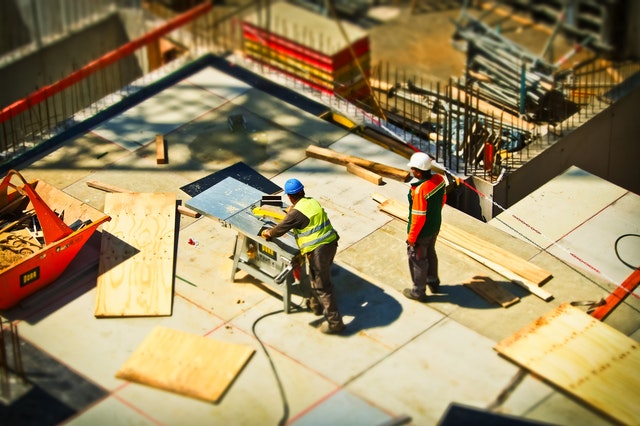Bay Area residents occasionally contend with hazy skies obscuring those spectacular views of the Golden Gate Bridge and Alcatraz Island. As unsightly as this may be, not all pollution is so clearly visible. Noise pollution is a growing problem not only in the San Francisco Bay Area, but throughout the world. And it’s one we hardly notice anymore.
Defining Noise Pollution
The World Health Organization defines noise pollution as regular exposure to elevated sound levels that may lead to adverse effects on humans and other living organisms. Exposure to sounds exceeding 85 decibels (dB) for more than eight hours may be hazardous to your long-term hearing health.
The problem with constant background noise is, we become so accustomed to it that it’s hardly noticeable after a while. Loud music, televisions, barking dogs and traffic are so omnipresent they barely register. But regardless of whether or not we notice these sounds, they disrupt the natural rhythm of life and contribute to the slow but steady destruction of the tiny hair cells in the inner ear responsible for hearing.
Common sources of noise pollution include:
- Traffic
- Construction sounds (drilling, heavy machinery)
- Airports (planes taking off and landing)
- Workplace sounds (open-concept offices)
- Loud music in or near commercial venues
- Industrial sounds (fans, generators, compressors)
- Trains
- Household sounds (TVs, music, appliances, lawnmowers)
- Fireworks displays
- Gunfire
While it’s unlikely you’ll encounter every sound on this list on a daily basis, it is the cumulative effects of a lifetime of noise exposure that cause problems.
Effects of Noise Pollution
Exposure to noise is hazardous to our health in many ways; it contributes to the following medical conditions:
- Hearing loss
- Hypertension
- Poor sleep
- Dementia
- Cardiovascular dysfunction
- Child development
- Psychological dysfunction
Noise pollution takes its toll on more than just our health. The WHO deems it a significant social and economic threat worldwide. While noise pollution can’t be completely eradicated, you can take steps to stand up to it on an individual basis and protect your hearing and overall health. To lessen the effects of noise pollution, try the following tips:
- Wear earplugs whenever you are exposed to hazardous noise levels exceeding 85 dB.
- Avoid prolonged use of headphones, especially at elevated sound levels. Set the volume at 60 percent of maximum and take frequent breaks to give your ears a rest.
- If possible, avoid jobs with regular exposure to hazardous noise levels.
- If possible, choose a residential area far from heavy traffic or noisy industrial areas.

